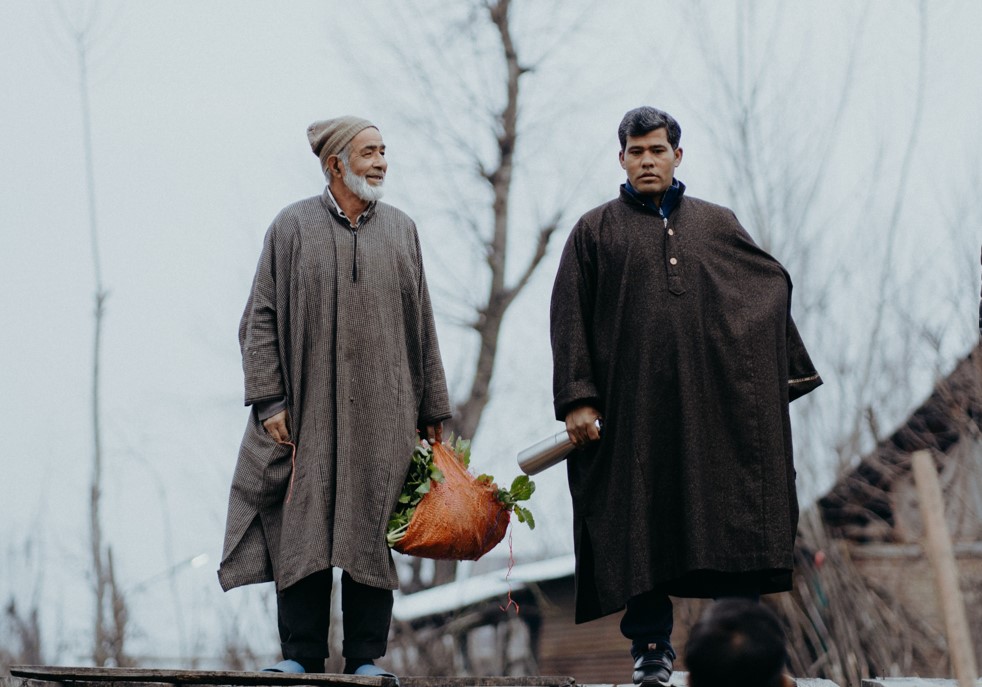
Kashmir is a region in northern India with a rich cultural and historical tradition. The culture of Kashmir is a blend of Indian, Persian, and Central Asian influences and has been shaped by the region’s history and geography. Kashmir has a long and varied history, with evidence of human habitation dating back to the Palaeolithic period. The region has been influenced by several different cultures and empires over the centuries, including the Mughals, Persians, and British. As a result, Kashmiri culture is a unique blend of various cultural influences.
What is Unique about Kashmiri Culture?
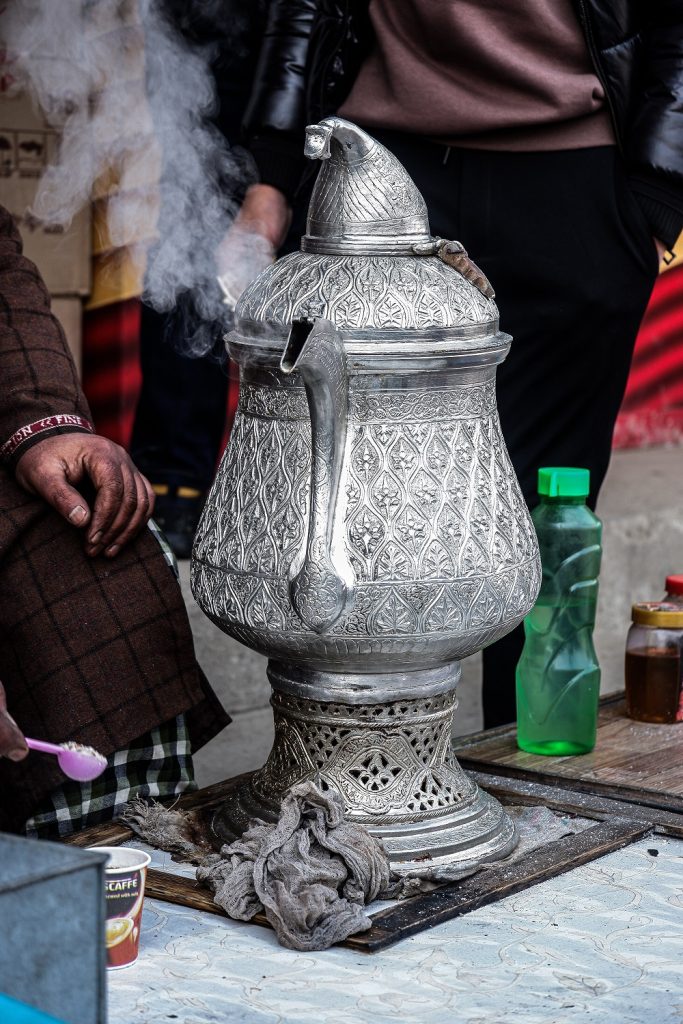
Several unique aspects of Kashmiri culture make it distinct from other cultures in India and the surrounding region. Some of the most notable elements of Kashmiri culture include:
Strong sense of community and tradition
Kashmiri culture is characterized by a strong sense of community, family and tradition and deep respect for the region’s history and cultural heritage. The people of Kashmir are warm and welcoming. Besides, hospitality and generosity towards guests are important values in Kashmiri culture.
Cuisine
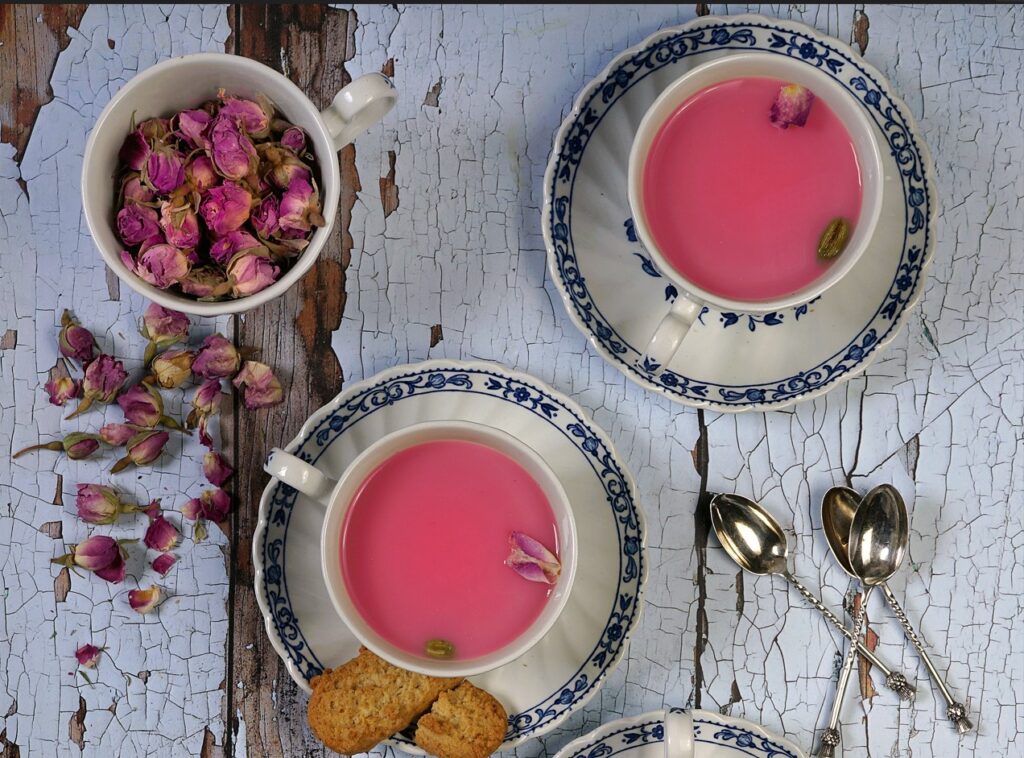
Kashmiri cuisine is integral to the region’s culture and is known for its spicy and flavorful dishes. Rice, vegetables, and meat are common ingredients in Kashmiri cooking, and aromatic spices such as saffron, cardamom, and cloves are also prevalent. Tea is essential to daily life in Kashmir and is often served with traditional sweets such as Kahwa and Phirni.
Diverse influences
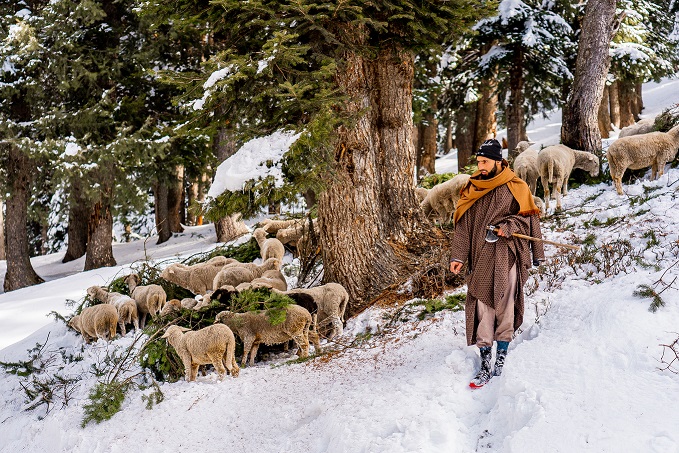
Kashmir has a long and varied history and has been influenced by many different cultures and empires over the centuries. As a result, the culture of Kashmir is a unique blend of Indian and Central Asian influences.
Handicrafts
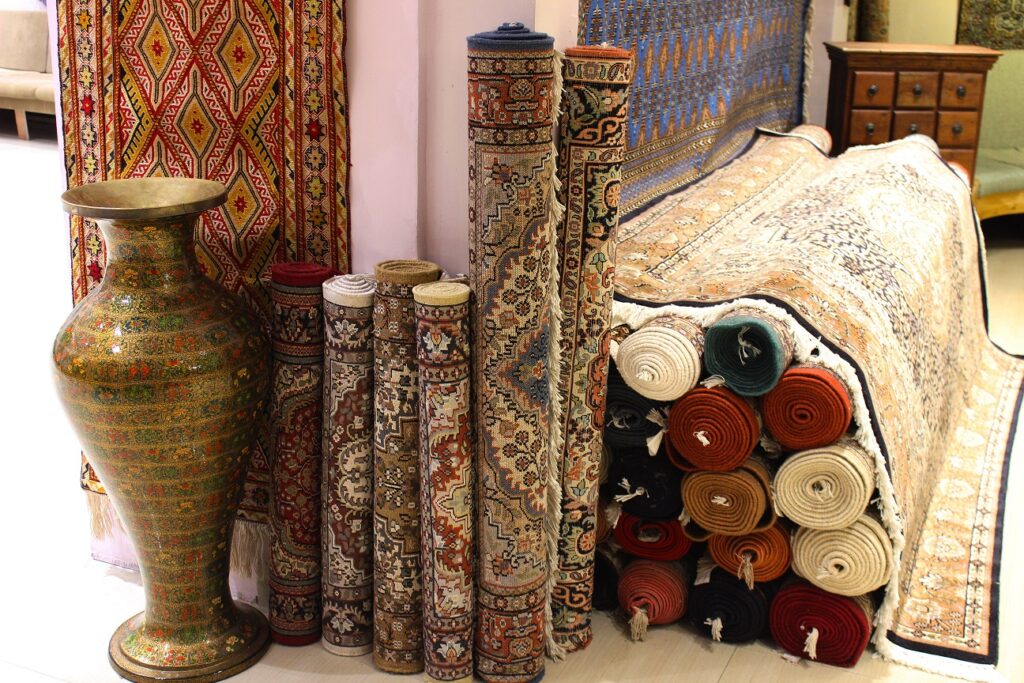
Kashmir is also known for its handicrafts, including shawls, carpets, and wood carvings. The region is home to many traditional arts and crafts, including wood carving, paper-mâché, willow bats, and Pashmina shawls.
Music and dance
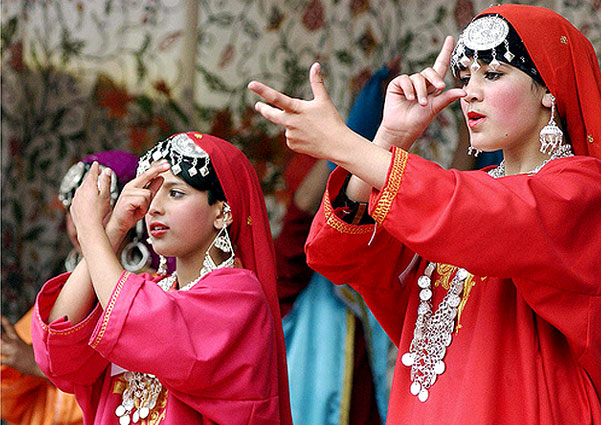
Music and dance are also important parts of Kashmiri culture. The region is known for its traditional music, which includes instruments such as the santoor (a stringed instrument) and the rabab (a stringed instrument). The region also has a rich folk dance tradition, with several different styles, including the Rouf, the Bhand pather, and the Havan.
Hospitality and generosity

Hospitality and generosity towards guests are highly valued in Kashmiri culture, and the extended family plays a central role in social life. The people of Kashmir are amicable towards tourists, and visiting the Valley means meeting with the warmest smiles of locals.
Festivals of Kashmir
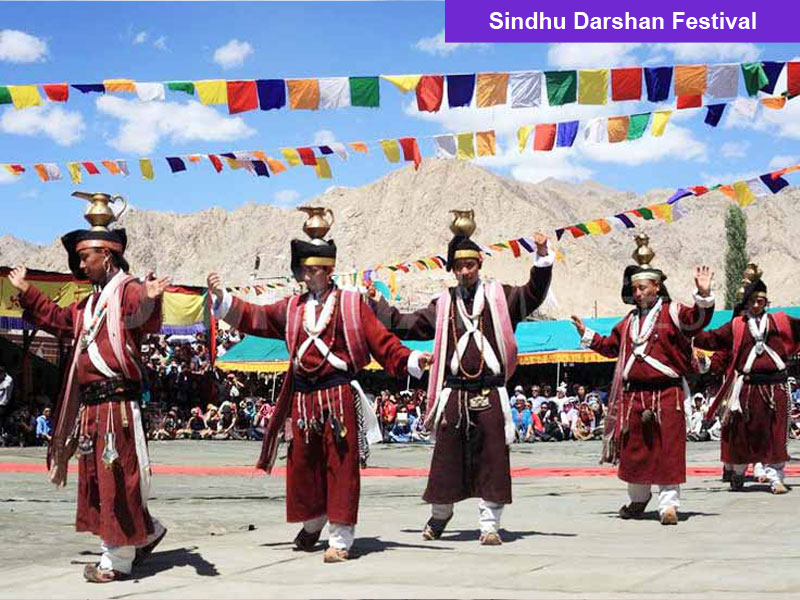
Festivals in the Valley are celebrated with great enthusiasm and include various cultural dances, sporting events, music and art performances, thus attracting a number of tourists from worldwide. Some festivals celebrated in the region are Shikara Festival, Tulip Festival, Eid-ul-Fitr, Gurez festival, Christmas, Lohri, Sindhu Darshan, etc.
Suggested Read: Main Festivals of Jammu & Kashmir
Kashmiri Literature
The ruler’s invasion and amalgamation of different religions reflect the literary tradition of Kashmir. Surrounded by Sina, a Dardic language, in the north, Balti and Ladakhi languages in the east, Pahari and Punjabi in the west and Dogri & Pahari dialects in the south, Kashmir has a unique convergence of cultural and linguistic pluralism. Where Dogri, an Indo-Aryan language, is the most spoken language in Jammu, the Dardic language in Kashmir is one of 22 scheduled languages, per the Indian Constitution. The official languages of J&K are Kashmir, Dogri, Hindi, English and Urdu.
Overall, the culture of Kashmir is a vibrant and diverse mix of various cultural influences, with a rich history and a strong sense of community and tradition.
